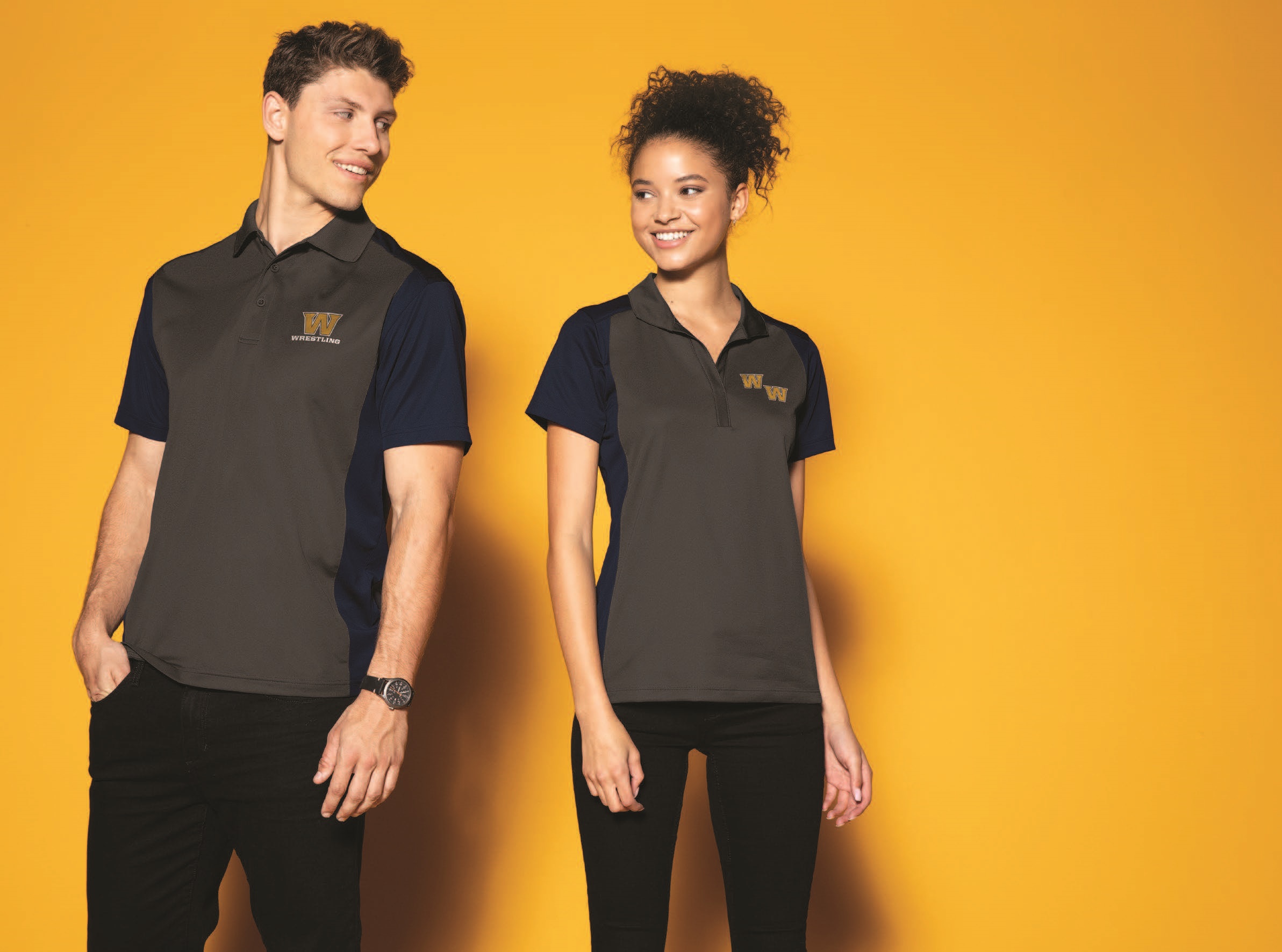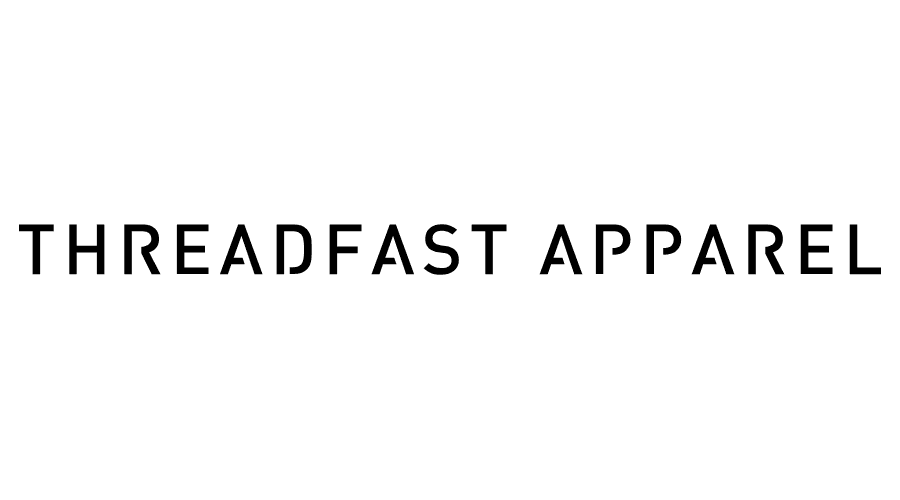THE PROMOTIONAL PRODUCTS industry is an evolving one. Case in point: a little over five years ago when this writer first came aboard the Promo Marketing (formerly Promotional Marketing) ship, there was little, if any, talk of the environment and what the industry could do to preserve it. However, within the past two years alone, it seems the entire industry has gone “green,” with both suppliers and distributors heralding their environmentally responsible business practices and industry publications dedicating entire issues to the topic.
Even with the widespread attention
environmental safety has received, there are other notable topics brewing in the industry these days. In-the-know promotional products professionals are likely to be aware of a growing trend toward popular retail brands offering their products through reputable industry suppliers—a move
that some suppliers say is the wave of
the future.
For example, famed clothing retailer
Tommy Hilfiger sells its trademark sportswear line through several wholesale
suppliers, including Atlantic Coast
Cotton, Bodek and Rhodes, Heritage Sportswear and River’s End Trading.
Similarly, the Gap, Old Navy and Banana
Republic brands are exclusively sold through Dallas-based supplier Staton
Corporate & Casual.
However, with alliances like these being made with the rivaled retail sector, it begs the question: Is the promotional products industry becoming too brand-focused and not relying on its own merit as an industry? Is it losing its identity?
Jeff Brown, vice president of product development and marketing at Leed’s, New Kensington, Pa., doesn’t think so. Rather, he said the inclusion of brands in the industry strengthens supplier credibility. “Brands by definition have a strong reputation in the end-user’s mind,” he said. “And being able to take a strong brand profile or brand equity and bring it into the industry, provides a high degree of quality.”
Lindsay Hoylman, marketing specialist at Leed’s, agreed with her colleague, stating retail brand inclusion nullifies a long-
standing stigma that is often associated with promotional products. “Outside of the industry, some people only associate inexpensive giveaways with the promotional product
industry,” she said. “By bringing in
recognizable brands, it legitimizes what we do … and says, ‘hey we are more than that.’”
Adding to its expanding portfolio of branded
products, this month, Leed’s became the exclusive supplier of Zippo brand products to the promotional products industry—making Zippo its 15th such retail-brand relationship since 2003. Through Leed’s,
distributors will have access to Zippo’s line of multipurpose lighters, its classic windproof lighters as well as non-flame products spanning a variety of categories.
Supplier credibility aside, Brown said the popularity of branded products allows the industry to innovate differently. “Historically, the industry has either designed on its own or taken inspiration from different places,” he explained. “What we’re really doing here is taking proven entities and bringing them into a new channel, which can garner new users, applications
and opportunities.”
HOW IT ALL BEGAN
The partnership between Leed’s and Zippo, Bradford, Pa., resulted from a
common business relationship with Polyconcept North America, the parent
company of Leed’s and Zippo’s longtime joint venture partner in the European
retail market.
Bill Galey, national sales manager for the promotional products division of Zippo—renowned for its products sold at Bed Bath & Beyond, Target and other fine retail stores—noted the end of a long and
successful stint in the promotional products industry. “Over the past five years, we’d made a decision to close our promotional products division because we weren’t seeing the growth, sales and profits we
wanted,” he explained. He added the partnership with Leed’s allowed both
companies to maximize their strengths—Zippo’s being the designing and manufacturing of flame products and the strong marketing arm of Leed’s, not to mention the company’s reputation in the promotional products industry. “Everybody … looked at their own expertise and … we felt that this is the direction that we should take,” Galey said.
MAKE THE CONNECTION
According to Brown, in order for any business partnership to work, there must be a certain level of chemistry between the companies involved. He offered a three-step process Leed’s uses for each prospect: “First, there must be a strategic fit in terms of the categories that we are currently offering,” he said. Secondly, Brown stated the partnership must offer clear expansion opportunities. And finally, he said, both companies must have a thorough understanding of each other’s business needs. “[We consider] if they understand our industry and [if] we understand them,” Brown said.
After a total of 75 years in business, (and a whopping 72 of those in the promotional products industry), Galey said Zippo will be charting a new course for itself in retail. “With all the smoking bans going on in the world and all the negative
publicity about smoking, we are looking at diversifying into the non-lighter product field,” he noted. By 2010, Galey said the company expects “at least 50 percent of its total sales will be in non-flame or non-lighter products.”
It appears there is no end in sight
of brands taking up real estate in the
industry—at least not for Leed’s. “We are actively looking for new opportunities and brands,” said Brown. “Brands that are right from a strategic fit standpoint and brands that are right in terms of how we all work together.”



